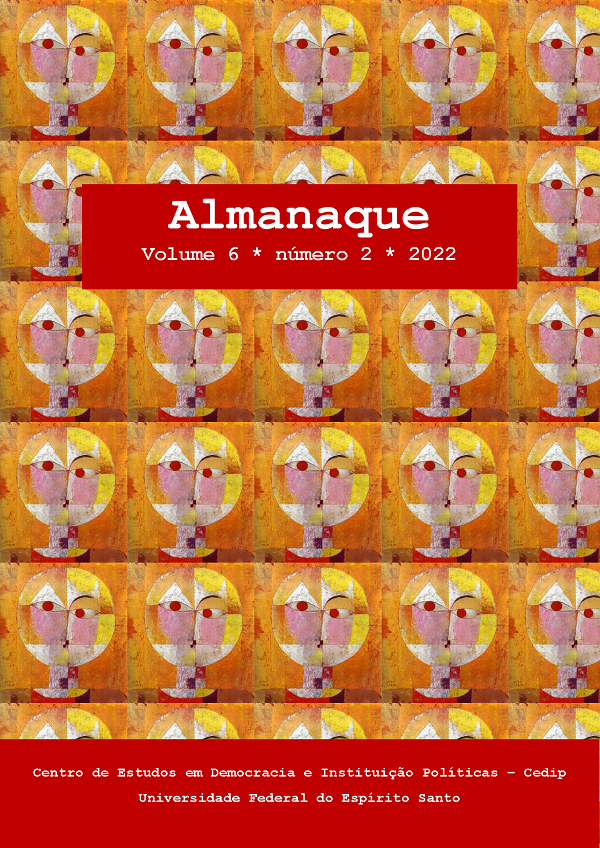Políticas afirmativas e a sub-representatividade das mulheres nos cargos eletivos do Brasil: análise das eleições de 2014, 2018 e 2020
Resumo
Este artigo analisa a participação das mulheres na política brasileira a partir de sua historicidade e diante das políticas públicas afirmativas instituídas formalmente com o intituito de fomentar tal participação, considerando tanto a evolução normativa como as decisões dos tribunais superiores que interferem positivamente no incentivo ao ingresso delas na política partidária, considerando os pleitos eleitorais. Os dados utilizados estão disponíveis no sítio eletrônico do Tribunal Superior Eleitoral e se referem às eleições gerais de 2014 e 2018 e às eleições municipais de 2020. Far-se-á uma análise exploratória dos dados para quantificar a participação feminina na política brasileira. Os resultados indicam que efetivamente houve um aumento da participação feminina na política, que também se visualizou no êxito eleitoral dos cargos eletivos. No entanto, devido ao percentual das mulheres registradas como eleitoras, bem como a quantidade das filiações partidárias, as estatísticas revelam que persiste a sub-representatividade feminina.
Downloads
Publicado
Edição
Seção
Licença
Proposta de Política para Periódicos de Acesso Livre
Os autores mantém os direitos autorais das ideias contidas nos trabalhos e concedem à revista o direito de publicação. Os autores têm autorização para assumir contratos adicionais separadamente, para distribuição não-exclusiva da versão do trabalho publicada nesta revista (ex.: publicar em repositório institucional ou como capítulo de livro), com reconhecimento de autoria e publicação inicial nesta revista.
Os textos da revista estão licenciados com uma Licença Creative Commons Atribuição-NãoComercial-SemDerivações 4.0 Internacional (CC BY-NC-ND).






